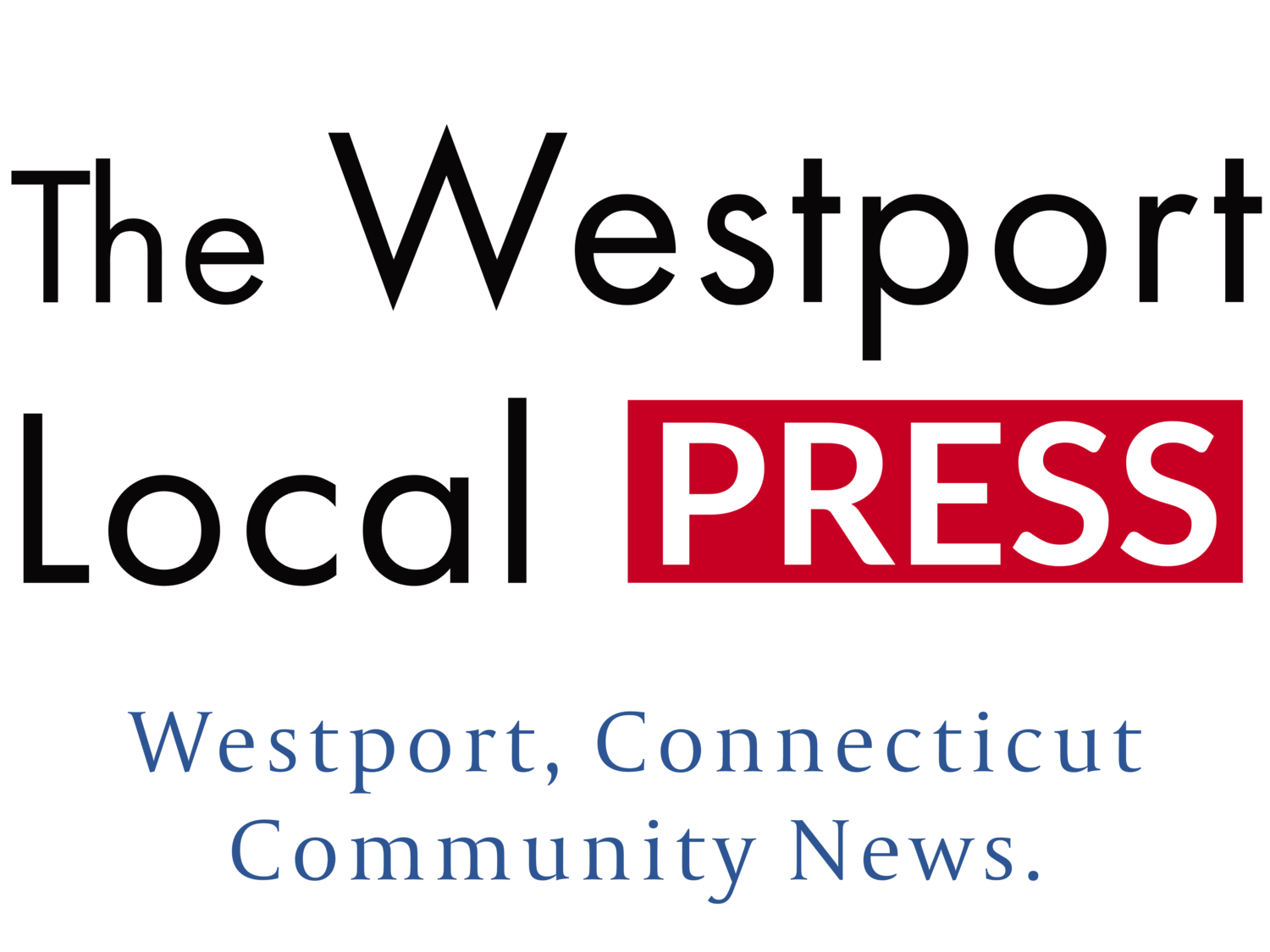UPDATE: Hiawatha Lane Lawsuit Progress
Artistic rendering of the courtyard at the center of the three buildings by The Monroe Partnership Architects.
Lawsuit by Saugatuck residents to block Summit’s development plans moves through the court.
As most of Westport is aware and certainly the residents of the Saugatuck neighborhood are aware, a developer, Summit Saugatuck, LLC has been trying to build a large multi-unit housing complex on land they purchased on Hiawatha Lane Extension for many, many years battling with the town during that time. Court records indicate multiple lawsuits against the Town of Westport including Planning & Zoning and also the town's Water Pollution Control Authority, the loss of which was appealed to the Connecticut Appellate Court which also ruled against Westport's WPCA. The loss in the Appellate Court was further appealed to the State Supreme Court.
Suits were also filed against the Conservation Commission/Inland Wetlands Agency of the City of Norwalk, as a portion of the property at issue is located in Norwalk.
The details on this issue were reported in WestportLocalPress.com on June 8, 2021. On May 13, 2021 we reported that the Planning & Zoning Commission had voted 5-0 to settle the dispute allowing for the construction of a 157 unit housing complex, a reduction from the 187 units originally planned by Summit. We wrote that the P&Z decision ended a long chapter in the Westport housing development book. Or so we thought.
On September 28, 2021 three Hiawatha Lane Extension homeowners filed their own suit against Summit Saugatuck in Bridgeport Superior Court the jurisdiction for the town of Westport. Shortly thereafter, the suit was transferred to the the land use litigation docket in the judicial district of Hartford.
The Plaintiff-homeowner’s Complaint alleges that their properties "comprise part of a plan for a residential development…" which "is recorded in the Land Records in the Town of Westport as Map No. 3802…" Some of the lots are in Norwalk and others are in Westport. The Complaint further alleges that all the Westport lots were "conveyed subject to the covenant, condition and restriction that only a one-family house shall be erected on each of said Lots…"
They reference the settlement between Westport P&Z and Summit allowing the development to proceed. They allege that were the project to go forward that "the Proposed Development shall irreparably harm and inconvenience" them in several ways, including flooding from runoff, risk to health and safety from increased traffic volume and congestion, a reduction in available on street parking and also noise, light and air pollution. They specifically allege that the project will reduce their property values and "shall destroy one of the few existing working class neighborhoods in the Town of Westport" and that they will suffer irreparable harm "for which they have no remedy at law" unless the "Proposed Development is enjoined and restrained".
Summit has responded to the suit alleging five issues, known as Special Defenses. They are for the most part technical defenses. The first cites the Doctrine of Laches which holds that due to the delay in asserting it's rights, a claimant is no longer entitled to "equitable relief" which Connecticut Courts are empowered to grant. The second defense alleges "res judicata" stating that the Plaintiff's allegations were "previously litigated and resolved" The third is an allegation that their claim is barred by the Statute of Limitations. The fourth Special Defense alleges that the Plaintiff's action is barred as "it is an impermissible collateral attack on a Stipulated Judgment" referencing the Stipulation, or agreement between the Town P&Z Commission and Summit which was entered by the Court on July 19, 2021 after the RTM decision allowing the project to proceed. Their fifth Special Defense alleges that they are barred from litigating their claim of irreparable harm as a further result of that same Stipulation.
The case has advanced this week. The defendants filed A Motion for Summary Judgment on November 11, 2021 on certain of it's Special Defenses. Summary Judgment is a technical procedure in which the moving party alleges that their claims are "undisputed material facts", essentially that they are right and the other party is wrong and it is clear beyond question and the relief the moving party is seeking should be granted. The Plaintiff's objected in a 36 page memorandum with another twenty pages of exhibits. In addition, the parties filed a joint stipulation of facts. That Stipulation in part says that the motion, objection and supporting memoranda may be considered by the Court after oral argument by the parties but without the need for further evidence and that upon entering it's ruling the Court will determine whether "a uniform common plan and a right of any of the Plaintiff's to enforce a one-family house restriction" in fact does exist and is legally viable. If the court makes that finding then further proceedings shall ensue on the claim for injunctive relief. If, on the other hand, the Court makes the determination that the claim is not legally sufficient to bring this case to trial, then the Plaintiffs have no further right to challenge Summit's development. The agreement further provides that Summit withdraw it's defense of a statute of limitations and that Connecticut General Statute Section 8-30 which is the Affordable Housing statute used so effectively against many towns seeking to prevent certain developments does not prevent the Plaintiffs from enforcing their alleged one-family house restriction.
An evidentiary hearing is required when a motion for summary judgment is filed and that hearing was scheduled for Tuesday, January 18, 2022. At the eleventh hour, the remote hearing was cancelled as the parties and the Court work through certain procedural issues that have arisen.
Any ruling by the Court and will be detailed in WestportLocalPress.com when it is handed down.
Story by J.C. Martin For WestportLocal.com


